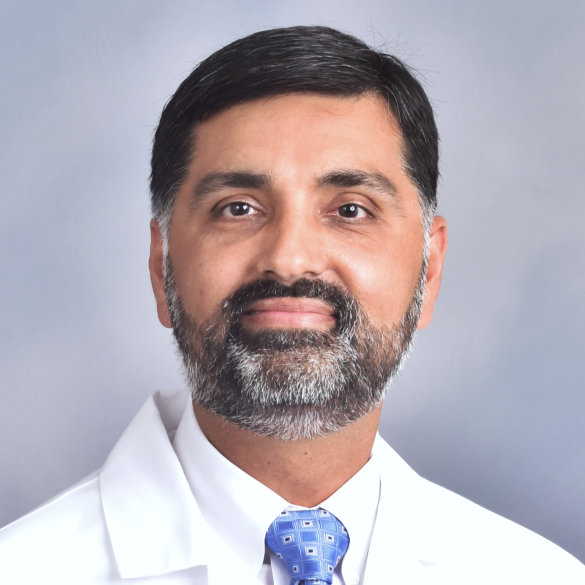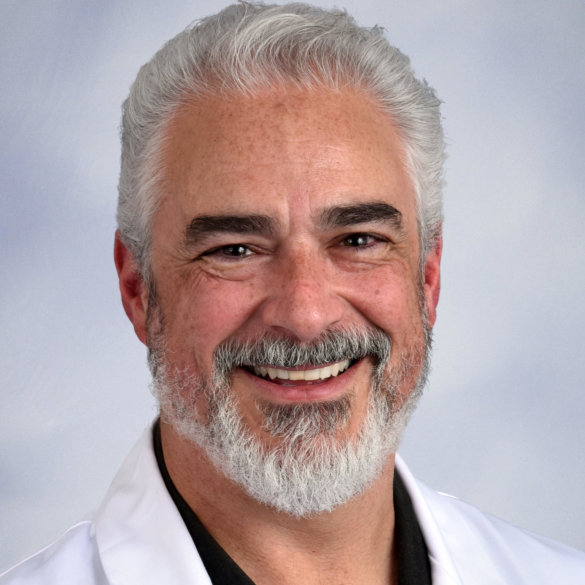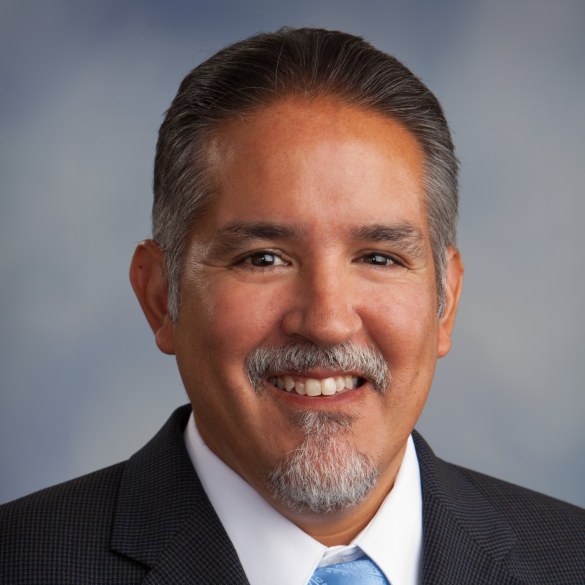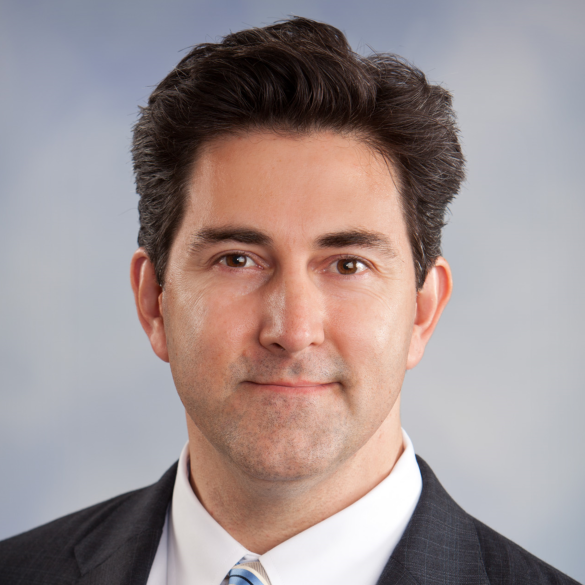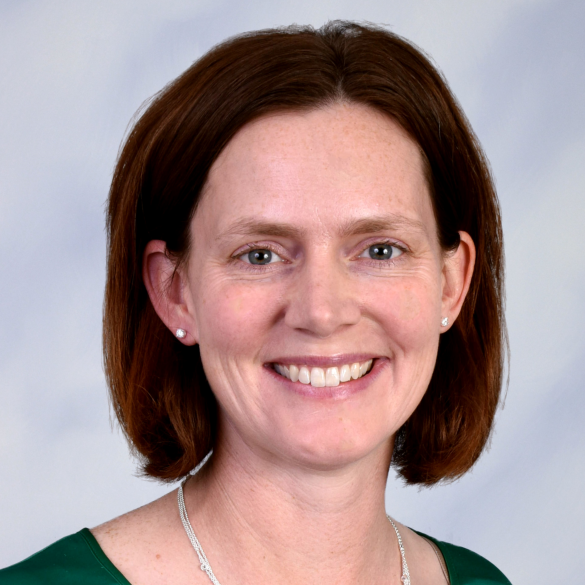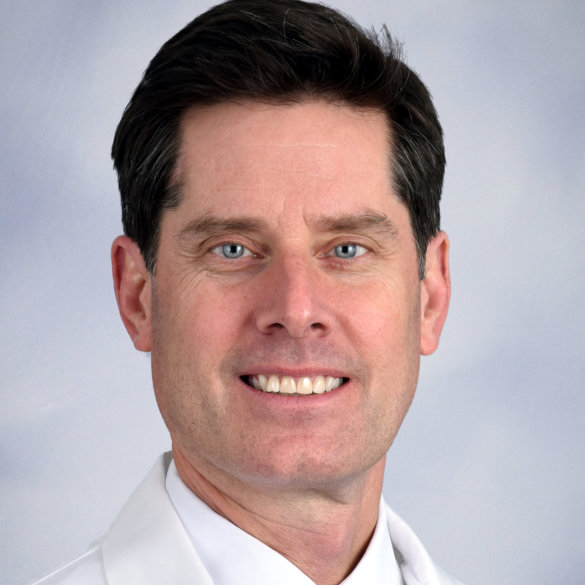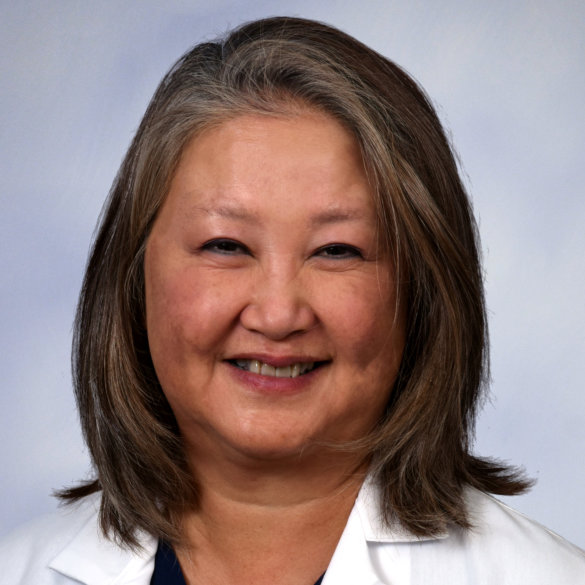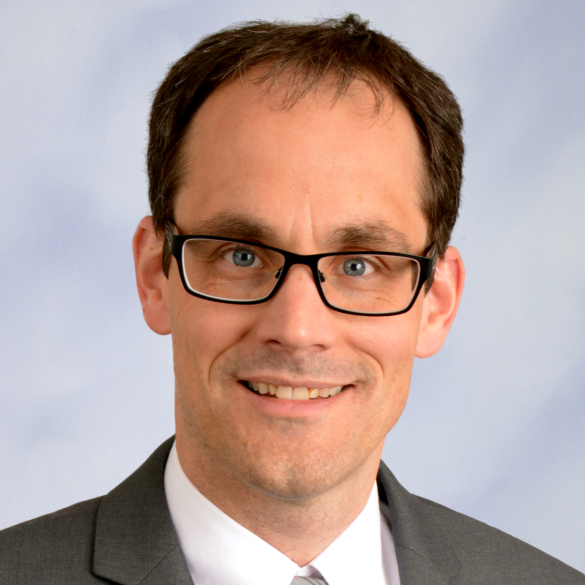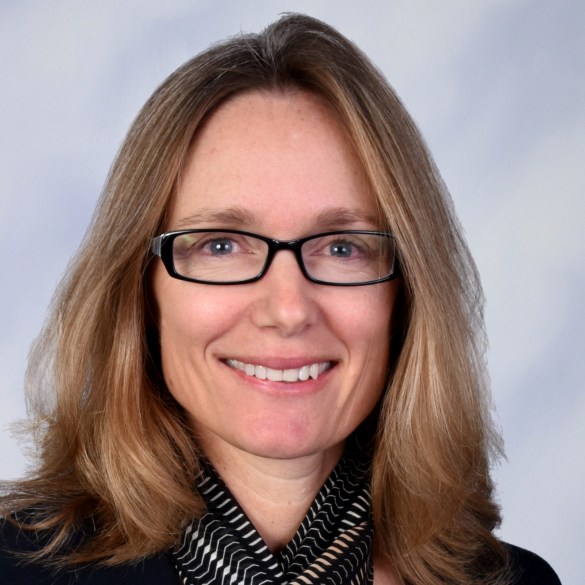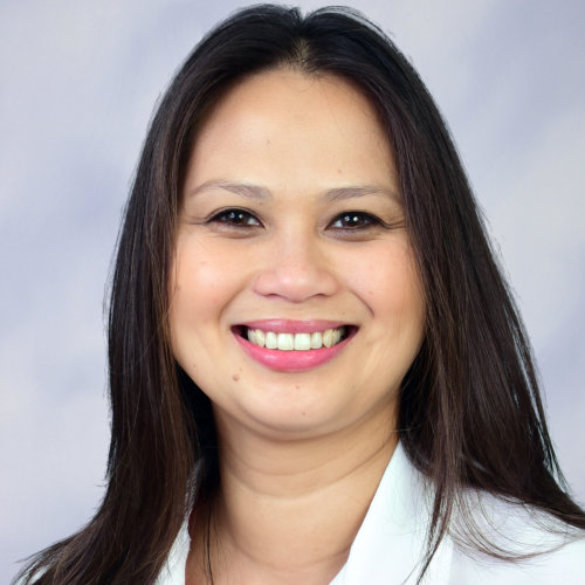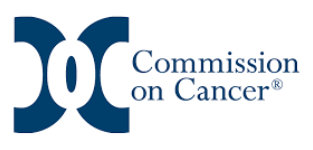Lung cancer occurs when abnormal cells grow inside the lungs. It is the leading cause of cancer death in the US but often responds well to early diagnosis and treatment.
Lung cancer that originates in the lungs is known as primary lung cancer, whereas cancer that starts somewhere else in the body and spreads to the lungs is called secondary lung cancer or metastatic cancer to the lung.
Types of Lung Cancer
There are two primary types of lung cancer: small cell lung cancer and non-small lung cancer.
Small cell lung cancer grows quickly and may only affect a single lung or surrounding tissue, or it may metastasize (spread) to distant parts of the body. When caught early, small cell lung cancer is very responsive to treatment. In some cases, small cell lung cancer is curable with surgery.
Non-small cell lung cancer (NSCLC) accounts for approximately 85% of all lung cancers and may only affect the lungs or spread to the lymph nodes or other organs. When caught in early stages, NSCLC is very responsive to treatment.
Symptoms of Lung Cancer
Lung cancer doesn’t always cause symptoms. When it does, these symptoms may include a gradually worsening cough, coughing up blood, chest pain, weakness, weight loss, fatigue, and/or recurring lung infections.
Lung cancer that has spread to other parts of the body causes symptoms affecting that area. For example, cancer that has spread to the brain may cause headaches, dizziness, seizures, and other neurological symptoms. If lung cancer spreads to the bones or other organs, it causes pain.
If you experience any symptoms of lung cancer, you’ll need to undergo several exams, including a complete medical history, imaging studies, biopsies, and other tests.
In early stages, lung cancer rarely causes symptoms. Therefore, screening of high-risk individuals is a crucial part of early detection and can significantly impact the level of lung cancer treatment needed.
Lung Cancer Screening Tests
Because symptoms of lung cancer rarely appear until later stages of the disease, it often has a poor prognosis by the time of diagnosis. High-risk patients should undergo lung cancer screenings to help detect lung cancer earlier in the course of the illness when it is easier to treat. Lung cancer is curable if identified in the earliest stages. Lung cancer screening saves lives.
Low dose computed tomography (CT) scans are quick and painless screening tests for lung cancer, and they involve minimal radiation exposure and no downtime.
Who Should Get Screened?
Anyone between the ages of 50 and 80, with a 20-year-pack history of smoking, and is a current smoker or quit less than 15 years ago should undergo lung cancer screening.
Screenings for current and former smokers can greatly reduce your risk of dying from lung cancer.
Once your screening scan is complete, a board-certified radiologist will review it. If a suspicious finding is detected, our team will review the results and inform your doctor of the findings so additional testing or a treatment plan can begin.
Advanced Diagnostics for Early Diagnosis
Earlier detection and advances in diagnostics and lung cancer treatment mean a much better chance of lung cancer patients experiencing healthier and longer lives, free of disease.
Our lung cancer screening program and advanced diagnostic tools, such as robotic-assisted bronchoscopy and endobronchial ultrasound, enable our team to diagnose lung cancer very early in the disease, prolonging and improving quality of life for our patients.
The Monarch™ Platform
X-rays and CT scans are the standard tests used for detection of both benign and malignant lung nodules. However, in some cases, lung nodules are located in hard-to-reach areas that are difficult to reach with traditional bronchoscopies. This is when Monarch™, our robotic-assisted bronchoscopy, is useful and recommended.
This innovative technology allows our team to visualize and access small, peripheral nodules in what are normally in very difficult-to-reach areas of the lung, helping to provide accurate early-stage lung cancer diagnosis.
Benefits of Using Monarch™ for Lung Cancer Diagnosis
Monarch™ robotic bronchoscopy offers many benefits when diagnosing early lung cancer, including:
- No need for incisions
- Rapid recovery time (most patients go home the same day)
- Fewer trips to the hospital (diagnostic and staging can often be done in the same procedure.)
What to Expect During a Robotic-Assisted Bronchoscopy
Before your Monarch™ robotic bronchoscopy, you will receive general anesthesia. Your doctor will then insert a robotic-controlled bronchoscope through your mouth into your lungs.
Once the scope is inside your lungs, your doctor will use the flexible device to navigate to one of the nodules in need of a biopsy. The device will then take a sample of the tissue for further testing.
After reviewing the results, your doctor will discuss the procedure and findings with you.
Collaborative Approach to Lung Cancer Treatment
If you’re diagnosed with lung cancer, your Oncology and Pulmonary medical specialists at NorthBay will plan a unique course of treatment for your type and stage of cancer. Whether you need surgery, radiation, or chemotherapy, your team will guide you through each step of your treatment and recovery process, and our oncology nurse navigators are available to support you and your family through your cancer journey.
We're with You for the Journey
- Cancer Symptom Management: Our team uses a comprehensive approach to help you manage your symptoms with the goal of relieving pain and improving the quality of life for you and your family.
- Nutrition and Cancer: A healthy diet is an essential part of your care plan--before, during, and after treatment. Our team will help ensure you get the nutrition you need to heal and regain your energy.
- Emotional Support: Emotional support is extremely important throughout the lung cancer diagnosis, treatment, and recovery process. Our cancer support services are available for counseling, crisis intervention, advocacy, education, and assistance.
- Mayo Clinic: NorthBay is a member of the Mayo Clinic Care Network, allowing our providers special access to its knowledge, expertise, and resources.
Meet Our Trained Monarch™ Provider
-
Karan Julka, MD Video Accepted Health Plans Pulmonary Medicine (Lungs), Sleep Medicine, Critical Care
1860 Pennsylvania Ave., Suite 200 Fairfield, CA 94533
(707) 646-4180
NorthBay Pulmonologist Karan Julka, M.D, FACP, FCCP, leads a team of medical professionals with specialized training in Monarch™ robotic bronchoscopy.
NorthBay Medical Center is among the first hospitals in the United States to offer the Monarch™ Platform, a technology that combines the latest advancements in robotics, data science, software, and endoscopy to improve prognosis and quality of life in lung cancer patients by detecting cancer earlier in the disease when it is most treatable.


